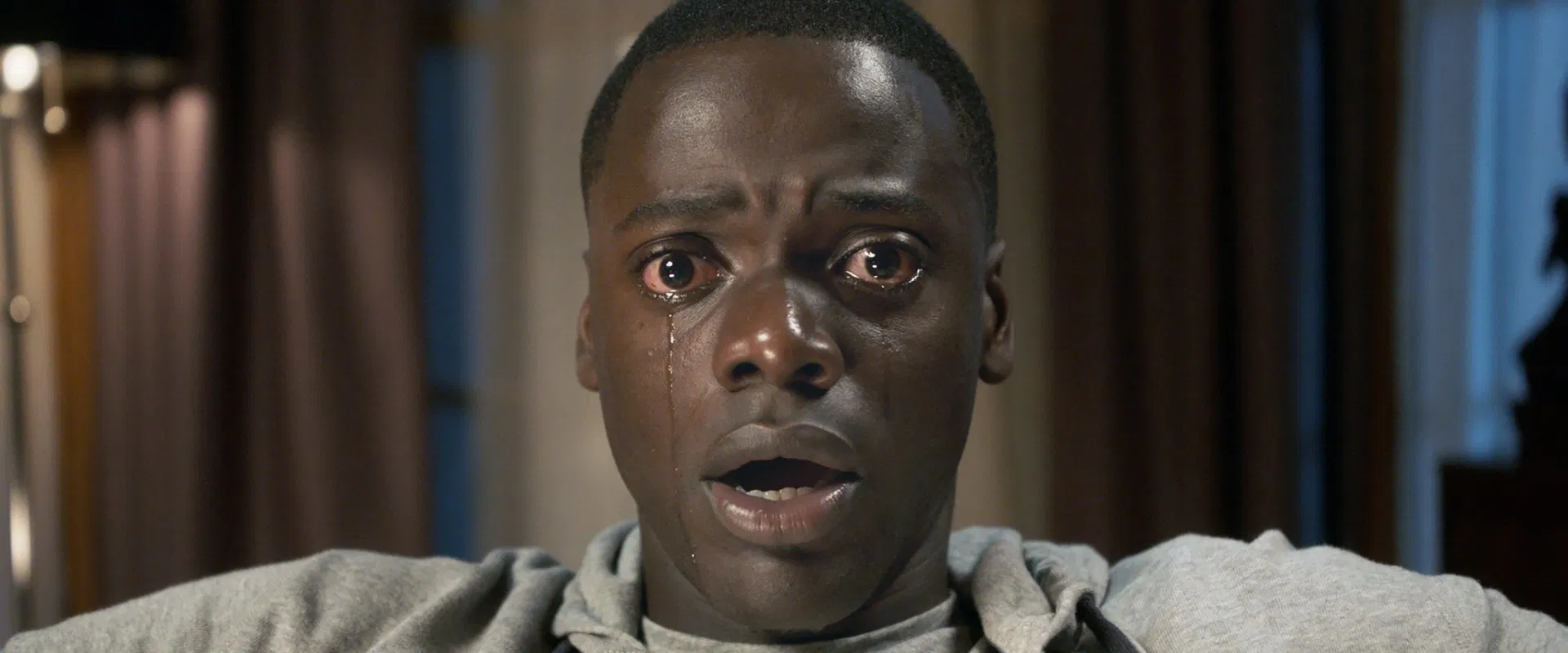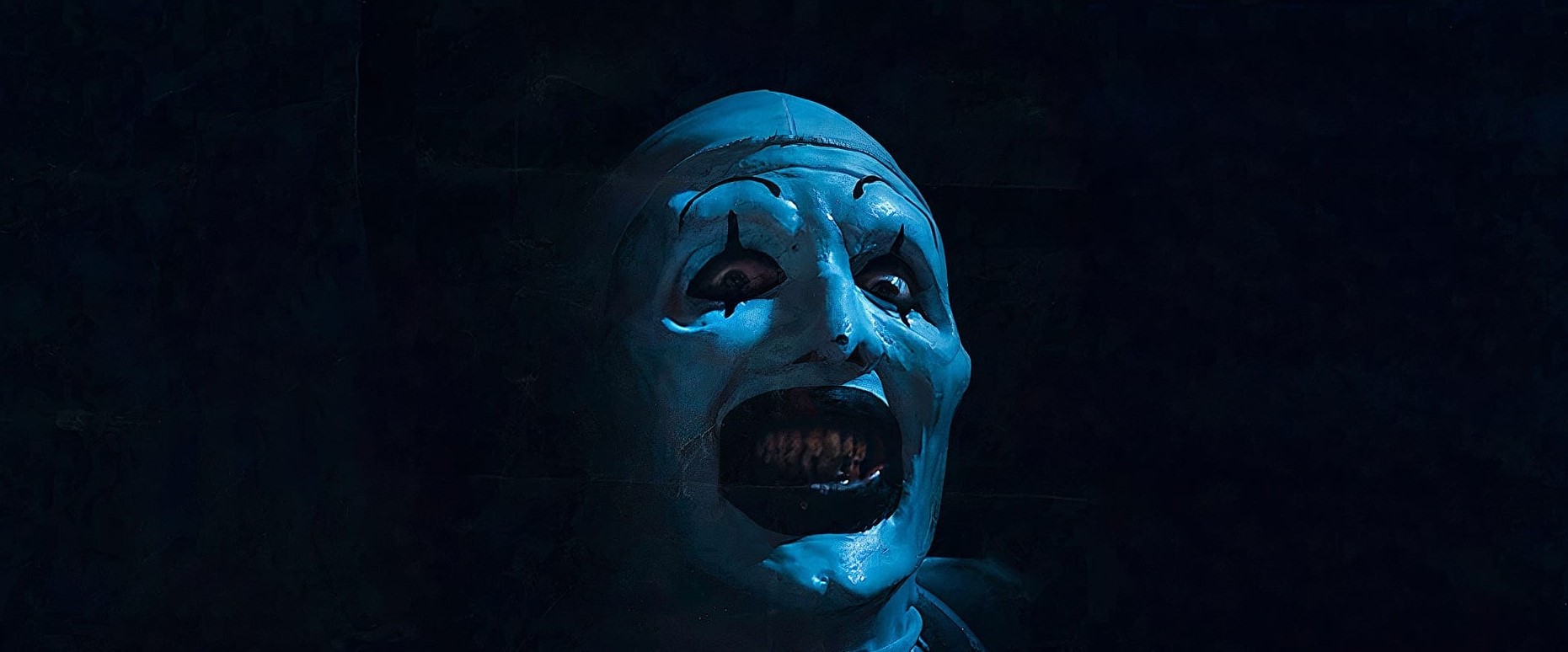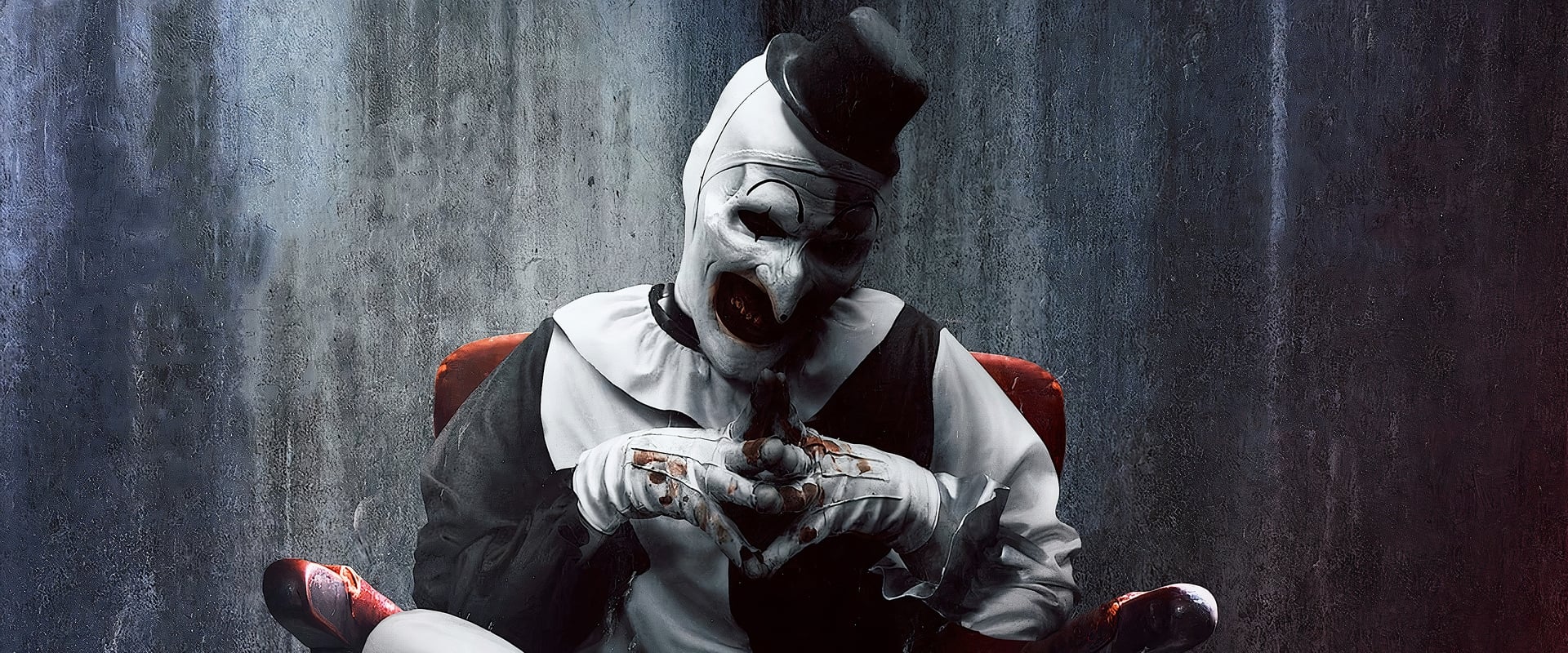It’s tempting, fatally easy, really, to call Jordan Peele’s Get Out a “game-changer” or the sort of genre-bending thing destined to lard itself in film syllabi until the discourse wrings it dry. But here is a rare debut that actually lives up to the clickbait: a film that sears itself into your nerves, not just for the way it jolts and twists, but for how it rebuilds the entire nervous system of American horror from the ground up.
What’s most striking isn’t just the idea, the audacious premise, where the real nightmare isn’t the haunted house or the man with the chainsaw but the genteel, liberal white suburb and the eager cock of a silver spoon. The horror is racial, institutional, and carried out in broad daylight, by people who would say, without irony, they’d vote for Obama a third time. The “Sunken Place,” that dark void and the paralyzing silence, the existence of which has been lived by many and only imagined by the rest of us, becomes the movie’s most potent image.
But Get Out isn’t a finger-wagging social pamphlet dressed up as a thriller. Peele, bless his perverse and playful mind, comes to the genre as both surgeon and prankster. The film is a see-saw ride, balancing satire so sharp it could filet you, with horror so efficiently orchestrated it might be taught in film school for the next twenty years. It’s also deliciously funny. Take the scene where Chris, played with almost Brando-esque watchfulness by Daniel Kaluuya, has his hands around Rose’s pretty little throat and instead of delivering the expected cathartic bloodletting, he gives her a nod, a tiny, mad, wry acknowledgement of all the unspoken things between hunted and hunter. The moment’s so unexpectedly comic, almost absurd, that it holds up the fun-house mirror to everything in the preceding ninety minutes. In one offhand gesture, Peele underlines the surreal theater of racial violence and revenge that American movies so often glide right past.
There are times when the dialogue, especially in the family dinner scenes, curdles into something a little too self-aware, too “scripted,” as if the actors are thrilled to be mouthing off for the syllabus, not for each other. But maybe that’s the point. The Armitages, for all their progressive credentials, are as phony as their country-club pastries; their graciousness is all unctuous showmanship. Even the film’s rare corny line serves as a kind of mask, another layer in the larger game of social camouflage and performance.
Kaluuya is remarkable, a study in tightening coils. He moves through Peele’s whitewashed gothic with a wary physicality, a transparency of emotion that you can’t pull your eyes from. The performance is a slow stripping-away of protections, taboos, ingrained politeness, until all that’s left is a physical fight for being, in this world and in your own skin.
And what is Get Out if not an exorcism of centuries of skin-theft, of predation, of the psychic violence that gets dressed up as love by the very people who do the hunting? The Armitages want to occupy black bodies, but also appropriate cool, athleticism, cultural capital, even pain. Peele’s great twist is to show the horror not as some gaudy, external force but as the logical endpoint of everyday envy and entitlement, a parasite that thrives under the shade of magnolias.
The movie’s pacing is a marvel, nervy and taut, propelled by a sly sense of inevitability. Each “ohhh, so that’s why” moment lands with a jolt, and by the time Peele starts setting off the real fireworks in act three, we’re so attuned to the mechanics we hardly notice when the ground falls out from under us. The entire cast clicks into place, but it’s Allison Williams, with her dead-eyed final reel grins, who delivers one of the most memorable “monsters” of recent memory: both comment and cliché, the white woman whose pretty face becomes the sickest kind of mask.
I’m aware there are corridors of meaning in Get Out that can only be peered into through the movie’s cracks and mirrors; the genius of Peele’s film is that it builds understanding without pretending that empathy is enough. The movie forces you to squirm, invites you to laugh, then leaves you staring at yourself in the darkened room wondering which side of the screen you’re really on.
Is Get Out the best horror film of the century? I won’t slap that label on yet. But I will say this: Peele’s direction, his ear for tension, comedy, and the grotesque, and his willingness to risk tone and temper, all mark him out as a kind of conjurer. He’s a mastermind, a wit, and, God help us, a moralist of the most jubilant and diabolical kind. This is genre work that actually knows what the genre is for: reanimating dead anxieties, giving them faces, and forcing us, just for a little while, to sit with them, helpless, and wide awake.
Call Get Out anything you want: thriller, allegory, black nightmare, American fairy tale. Just don’t call it comfortable. The sunken place has never felt so close to the surface.


